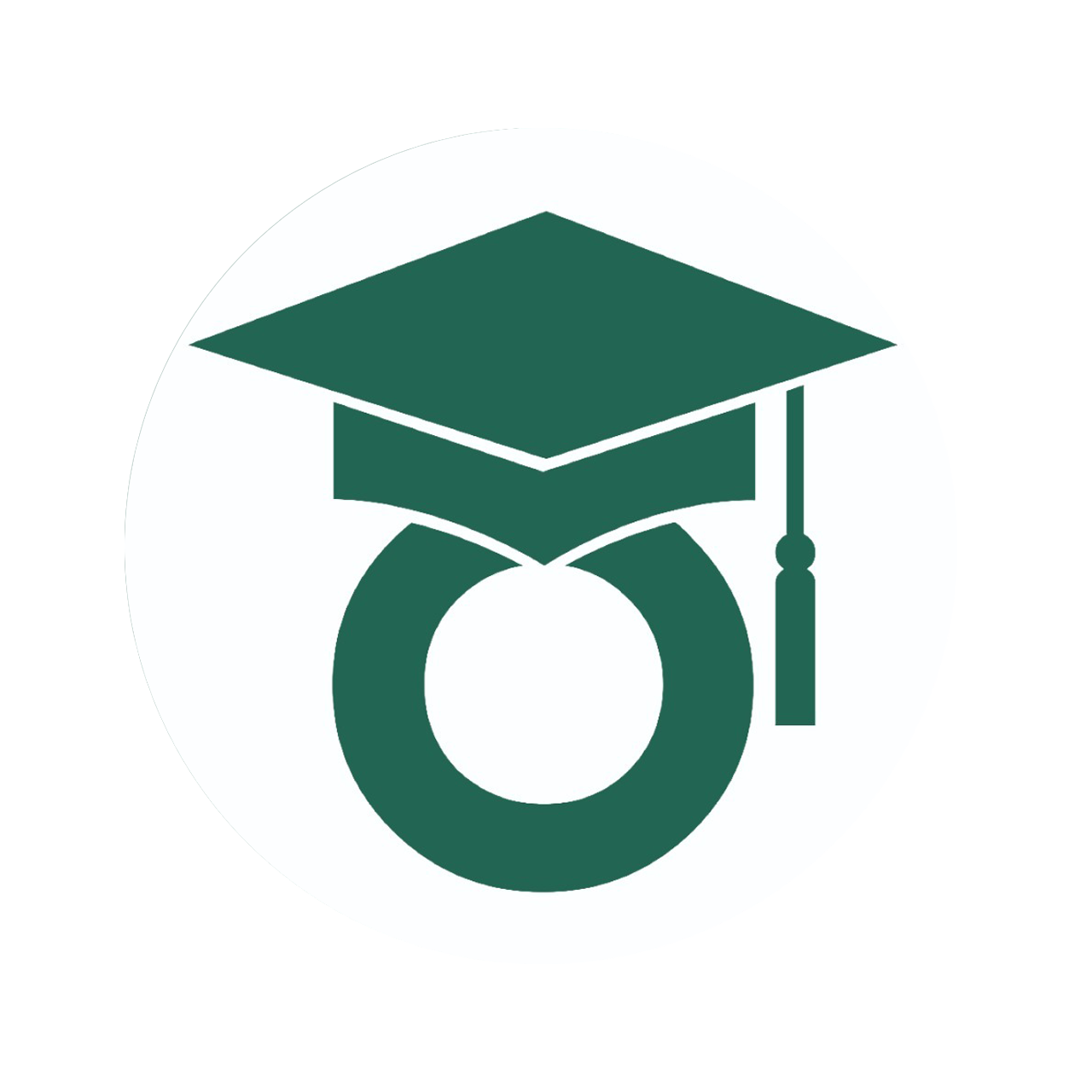Forgery in Admission in Nursing Colleges Without Entrance Exam
Admission forgery at Uttar Pradesh nursing colleges has recently come to light, raising worries about arbitrary admissions and rule violations. Around 110 students were accepted to these colleges without taking the Joint Entrance Examination, which is required for admission. This article dives into the issue, the current inquiry, and the potential ramifications for the persons involved.
Admission Errors in Private Nursing Schools
Private nursing institutions in Uttar Pradesh have been providing admissions on the spur of the moment, disregarding established procedures and regulations. These colleges admitted around 110 students who did not take the required Joint Entrance Examination. This violation of admission procedures has prompted an investigation to find out what is causing these abnormalities.
Investigation into Admission Fraud
Following the revelation of the admission anomalies, an investigation into the scope of the forgery has been launched. Authorities have demanded updated information on all admitted students from the state’s nursing colleges. Following the identification of the colleges concerned, appropriate action will be taken against them. Furthermore, disciplinary action against officers and employees of the Directorate General of Medical Education (DGME) office who may have been complicit in these false admissions may arise from the investigation.
Uttar Pradesh Nursing Colleges Overview
Uttar Pradesh has over 300 nursing institutes, with roughly 13,000 seats available. There are 24 Government Nursing Colleges among them. Prior to this, private nursing schools only accepted students who had finished their intermediate education. The Department of Medical Education, on the other hand, introduced a centralized system for B.Sc Nursing admissions in the academic year 2022-23. In partnership with KGMU, Atal Bihari Vajpayee Medical University held a combined written entrance examination for admission to B.Sc Nursing in all government and private colleges except SGPGI.
Role of Directorate General of Medical Education and Training (DGME)
The DGME is in charge of counselling students and assigning them to colleges depending on their merit. The information about the admitted students is provided to the Atal Bihari Vajpayee Medical University. Nursing schools submitted applications for the yearly exams in May. The admissions falsification was discovered when the Medical University checked the list of examination applications to the counselling records.
Influence on Annual Examinations
The discovery of admission violations has had a substantial impact on the annual examination process. In addition to the counselling procedure, about 1,500 additional applications were received. The yearly examination was postponed due to an unanticipated rise in applications. In response, a joint meeting of high-ranking officials from the Medical Education Department, the DGME, and the Medical University was held. The event triggered a thorough investigation, and the DGME has requested information on new admittance students from all nursing colleges in the state.
Admission without an Entrance Examination
Several private colleges, according to sources, have admitted students who did not even take the Joint Entrance Examination. So far, around 110 similar cases have been identified. Furthermore, around 137 students have accepted admission to colleges other than those chosen during the counselling process. As a result, students who fall under these categories are ineligible to take the yearly examination.
Employees of the DGME Office Could Be Involved
Preliminary investigations have uncovered probable malfeasance by DGME officers and workers. This raises questions about probable cooperation during the admissions process between the DGME office and private colleges. Furthermore, admissions in several universities have occurred after the designated deadline, necessitating a full probe of the department’s conduct. As a result, if proven guilty, officers and employees of the DGME office may suffer sanctions.
Accountability and Consequences
Only students who have passed the Joint Entrance Examination should be considered for admission to nursing schools. Admissions falsification not only jeopardises the educational system’s integrity, but it also raises concerns about the quality of education and the competency of admitted students.
The nursing schools participating in the admissions process bear responsibility for these violations. These universities must be held accountable for their activities after circumventing established norms and admitting students without administering the required entrance exam. Authorities should conduct a comprehensive inquiry into each college to ascertain the degree of their involvement and the individuals responsible.
If found guilty, the nursing colleges may face serious penalties, including the loss of their accreditation and association with the relevant university. This will not only dissuade rival colleges, but will also ensure that the education system retains its credibility and adheres to the values of justice and transparency.
Furthermore, the role of DGME office officers and workers in assisting these false admissions must be properly probed. If any involvement or cooperation is discovered, the responsible persons should face severe disciplinary measures, including firing and legal action. It is critical to maintain public faith in government institutions and to guarantee that individuals charged with the job of regulating admissions adhere to the highest ethical and legal standards.
The ramifications of these errors go beyond the admissions process. Students who were admitted without meeting the minimum qualifications are now at a disadvantage. Their credentials may be questioned, and they may experience difficulties in their academic and professional careers. It is critical that appropriate steps be taken to correct this problem and give these children with a fair settlement.
To establish the affected students’ eligibility and competency, the authorities might consider performing a re-examination or using an alternate evaluation method. This will aid in recognising students who truly deserve to pursue their nursing degree and distinguishing them from those who obtained admission through deception.
To avoid such instances in the future, admission procedures must be strengthened and tougher control methods implemented. Audits and inspections should be undertaken on a regular basis to ensure that nursing colleges follow the specified rules and regulations. Furthermore, awareness campaigns and educational activities should be launched to educate students and their parents about the legitimate admissions processes as well as the risks associated with fraudulent practises.
To summarise, admission falsification in Uttar Pradesh nursing institutions is a severe issue that must be tackled quickly and properly. The inquiry into the anomalies should be conducted thoroughly, and those who are responsible should face appropriate repercussions. Maintaining the educational system’s integrity and fairness is critical to ensuring that students obtain a quality education and are not disadvantaged by fraudulent practises.










